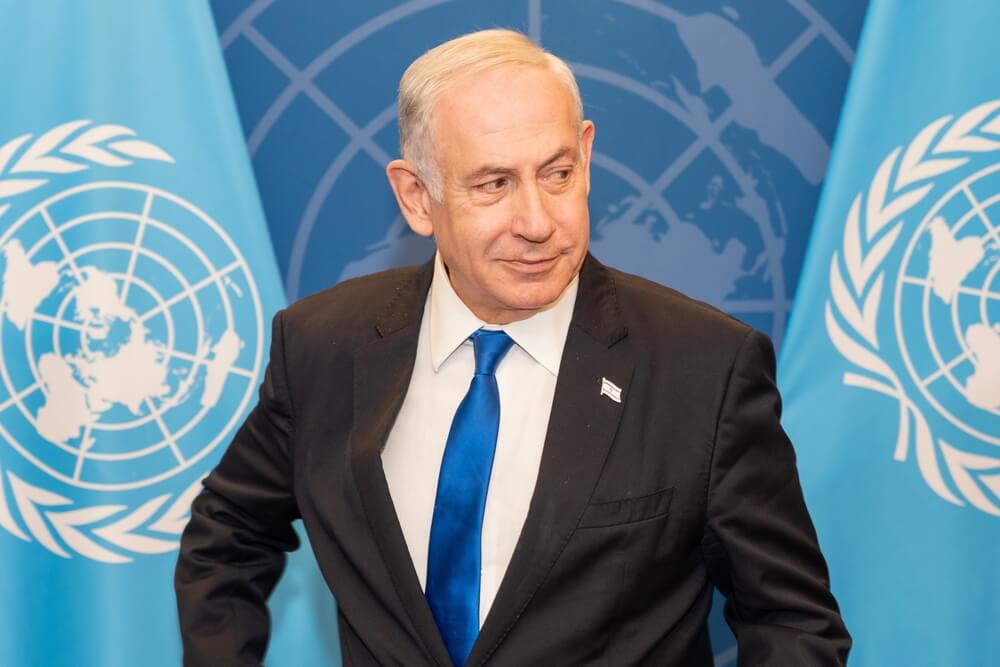An agreement to end the war in Gaza deserves to be considered a historic event, as it will most likely mark the end of suffering and destruction after more than 15 months.
But how solid is the hard-won ceasefire, and why is everyone involved so concerned about whether it will become a long-term peace?
The complex construction of the ceasefire, divided into three phases, the first of which will last six weeks, contains many sensitive points where the entire peace structure could collapse.
The time frame of the peace agreement is dynamic, with the successful implementation of one phase leading to the opening of a new one. The negotiators obviously could not have devised a more solid framework that would have provided more security in the long term.
The US has been advocating a phased approach to achieving peace in Gaza since the middle of last year, with the release of hostages serving as the central issue around which the entire peace structure was based.
However, the strategy has only now been adopted and will be symbolically implemented the day before Donald Trump's inauguration as US president.
“The Trump effect”
The future American president is convinced that his victory in the last November elections has provided a decisive impetus for achieving peace in Gaza.
“This epic ceasefire agreement could have only happened as a result of our historic victory in November,” Trump wrote on his Truth Social network.
The outgoing president, Joe Biden, has also taken credit for the ceasefire when he said that “this deal was developed and negotiated under [his] administration.”
The “Trump effect” that the new National Security Advisor Mike Waltz talks about really exists
Both are right. President Trump and his team could not have arrived at such a solution if they had started negotiating with actors in the Middle East from scratch upon arriving in the White House, nor could President Biden's team have crowned its hard negotiating work without a change in the White House.
The “Trump effect” that the new National Security Advisor Mike Waltz talks about really exists and has undoubtedly led to a ceasefire, i.e., the beginning of the end of the crisis in Gaza.
Therefore, Donald Trump will be one of the biggest winners of the Doha ceasefire, and he will use the symbolic gain to further American influence throughout the Middle East.
“We will continue promoting PEACE THROUGH STRENGTH throughout the region as we build upon the momentum of this ceasefire to further expand the Historic Abraham Accords,” said Trump, referring to the agreements by which Israel normalised relations with several Arab partners in the region during his first presidential term.
Towards an agreement between Israel and Saudi Arabia
Trump's announcement suggests that the US's primary focus in the Middle East will be on normalisation, which includes completing the agreement between Israel and Saudi Arabia, a process that was already under way when Hamas attacked Israel on October 7, 2023.
The outcome of what is currently the biggest unknown will depend directly on the success of this process, namely who will govern Gaza in the post-conflict period and, more generally, what Israel's long-term position regarding the Palestinian issue will look like.
 Benjamin Netanyahu and his government have won a relative and conditional victory with the Doha agreement
Benjamin Netanyahu and his government have won a relative and conditional victory with the Doha agreement
Trump's new term will prioritise the rapprochement between Israel and Saudi Arabia, which both Biden and Trump worked on during their presidential terms in order to completely remove Iran and its aggressive influence in the region.
“’Absolute victory’ for Israel will only come from normalisation with Saudi Arabia, not any other military move,” estimated Danny Citrinowitz, The Atlantic Council's fellow and long-time commanding officer at Israel Defence Intelligence.
He rightly points out that Israeli Prime Minister Benjamin Netanyahu and his government have won a relative and conditional victory with the Doha agreement. Once again, Israel has agreed to an exchange in which it will hand over dozens of Palestinian prisoners from its jails to the other side for its hostages held by Hamas.
The price Israel has paid for the decline in its international standing as a result of the heavy destruction and numerous Palestinian civilian casualties during the operation it led in Gaza also reflects the conditionality of its victory.
This is the price Prime Minister Netanyahu and his partners in government are apparently willing to pay as they, in turn, have decimated the multi-layered threat posed to the country by pro-Iranian militants.
The future of the Palestinians
The most important question that the Netanyahu government will have to answer to its public for a long time to come is whether its measures against the extremists in the region have been sufficient to permanently eliminate the threat or whether time will show that it would be just another frozen conflict.
Given the existential threats of war and destruction, which have left them in a devastated Gaza and will take years to recover from, the Palestinians are also considered relative winners.
Under the conditions of rebuilding their daily lives, the Palestinians will need to simultaneously decide on their future leadership
However, Israel's dispersal of pro-Iranian militants in Gaza, Lebanon, and Syria has fundamentally altered their role as a factor that will determine the future governance structure.
Under the conditions of rebuilding their daily lives, the Palestinians will need to simultaneously decide on their future leadership. However, this decision will only be possible if others, including Israel, Saudi Arabia, and the US and its new president, allow them to do so.